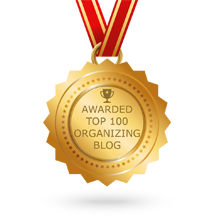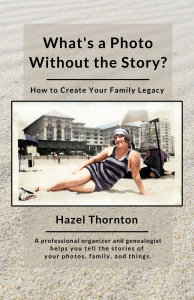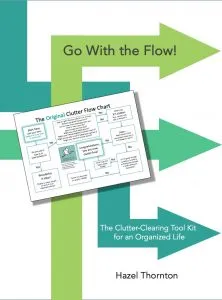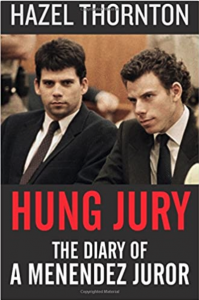Getting Organized Prevents Memory Loss
Many of my clients, even the younger ones, are worried because they forget stuff. Well…join the club, we all do! But some actually fear they are in the early stages of Alzheimer’s. You might, of course, have the dreaded disease, but you probably don’t…or, at least not yet. I looked it up: 13% of people aged 65 and older have it. And 43% of people aged 85 and older have it. OK, well, that’s not good, but only 4% of those who do have Alzheimer’s are under age 65, and only 6% are aged 65-74.
I attribute the bulk of memory loss that I encounter in my clients to information overload and clutter. How can anyone exposed to an avalanche of emails, websites, phone calls, texts, and a barrage of media, be expected to remember everything they saw, did, wanted to do, heard, or said?!? And physical clutter, a.k.a. “visual noise”, can be equally, although perhaps not as obviously, distracting.
My advice? Give your brain a break! Get organized (time, space and stuff), minimize distractions, and write things down! Simply don’t rely on your memory so much anymore. Carry a small notebook and pen in your pocket to capture important thoughts, so you can re-focus on whatever you were doing, and not worry about forgetting them. If you’re tech-savvy, use your choice of electronic note taking tool, such as Evernote. Are you now worried about losing your recall ability if you don’t exercise it? Play brain games, do crossword puzzles, and follow your doctor’s orders if you have a medical problem.
I had a client with a traumatic brain injury (TBI) who was shocked to learn that some of my natural organizing habits are things she had been trained to do to cope with her memory loss. Examples included writing Post-it Note reminders and sticking them in conspicuous places, setting timers and alarms, and putting one’s keys away in the same place every time. I noticed that she had trouble remembering to take her meds and suggested she use a plastic day-of-the-week pill dispenser. I can’t know for sure if she’d truly never seen one before, or if she’d simply forgotten due to her brain injury, but she did ask in wonderment just where might she obtain such a fantastically useful device? She was amazed to learn that I use one myself at home!
I may not be a brain specialist, or a medical professional, but I do know several ways that organizing can help you with your memory:
- You’ll be more likely to remember where you put something/anything/everything if it has a home and you are in the habit of putting it away there after each time you use it.
- You’ll be more likely to remember an appointment if you write it down on your calendar/schedule/agenda, and refer daily to your calendar/schedule/agenda.
- You’ll be more likely to remember to do a task if you write it down on your To-Do list. Better yet, write it directly on your calendar/schedule/agenda!
- You’ll be more likely to remember to take something with you when you leave the house (keys, sunglasses, library books, etc.) if you have a designated staging area for such things (a.k.a. launch/landing pad).
- You’ll be more likely to remember an important thought — and be able to re-focus on what you were doing when you had it, without worrying about forgetting it — if you keep a small notebook and pen handy to capture it.
I do have one client who is specifically at risk of Alzheimer’s because it runs in her family. I can’t influence whether or not this will come to pass for her, but I am helping her de-clutter and simplify her filing and storage systems at home to make things easier for her now… and for her family members who may have to come in later and pick up where she left off.
—————————————————————————
Copyright 2012 by Hazel Thornton, Organized For Life.
Social media links directly to this page are encouraged!
Please contact me for other types of reprint permission.
—————————————————————————
Share this:







